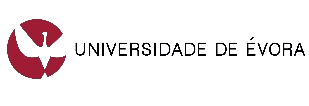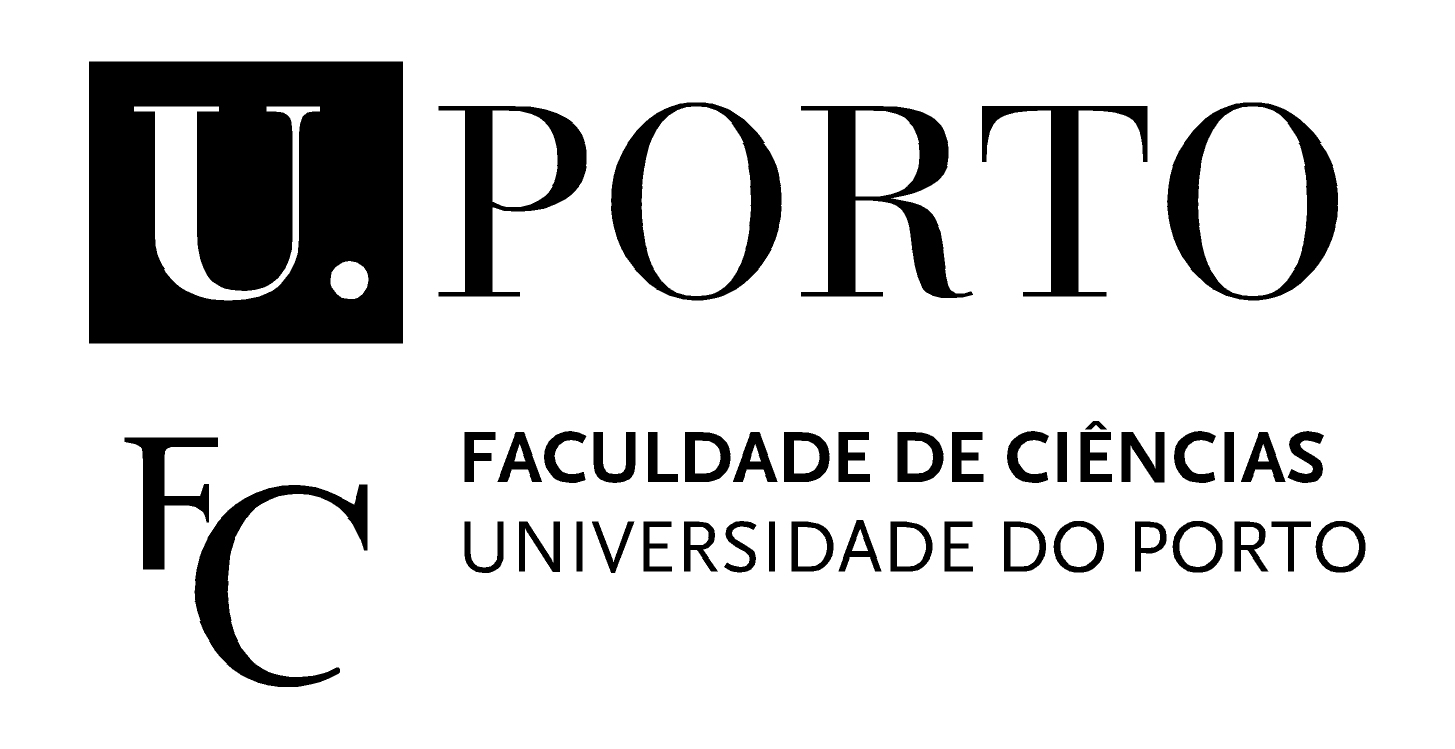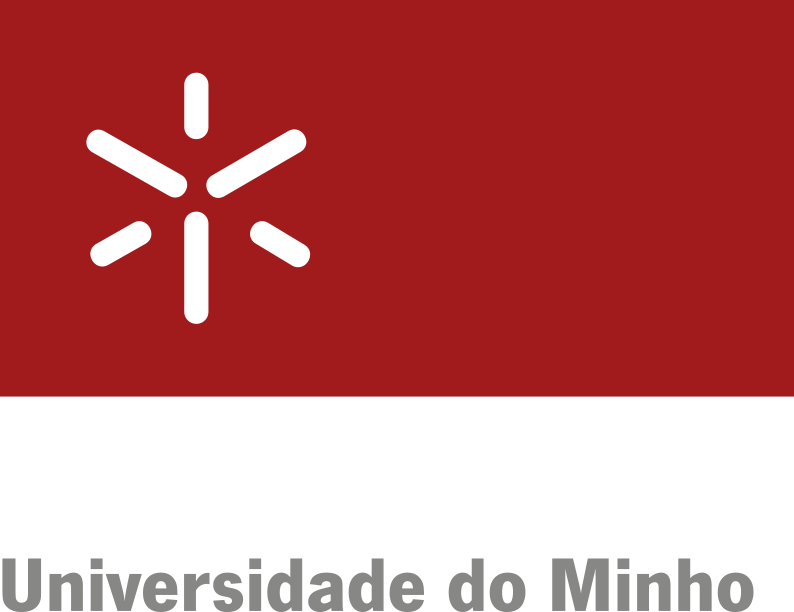Four Scientific Challenges will be the focus of the ICT research capacity for 2025- 2029:
Earth Dynamics, life-support systems and global changes
Aims to provide scalable and cost-effective solutions to global environmental problems, ensuring a sustainable future for next generations. Our focuses are the geodynamical processes and their interactions with the environment and ecosystems, which allows a broader perspective of global changes and potential mitigation solutions. The expertise of ICT researchers includes two main complementary Research Themes fostering collaboration and innovation under this challenge: i) Lithospheric processes and ii) Environmental challenges and solutions.
Scientific coordinators: Rui Dias and Teresa Valente
Georesources for circular economy and energy transition
The ambitious goals of the European Commission act on Critical Raw Materials (CRM) and water availability under climate change scenarios are crucial on societal and economic challenges. The full potential of Portugal regarding CRM and groundwater management is still far from being known, which justifies this Challenge based on the hide experience of ICT researchers on i) Mineral resources and ii) water resources.
Scientific coordinators:Alexandra Guedes and Alexandre Lima
Digital technologies and Earth observation
These are innovative tools that ICT will develop and apply to tackle current societal issues, such as CRM exploration, environmental and health-related matters, biodiversity, urban stresses, natural hazards, and geoconservation. Technologies like machine learning (ML) algorithms and artificial intelligence (AI) will allow the advancement of scientific knowledge and address pressing societal and environmental challenges, based on the expertise of ICT researchers on i) Remote sensing and AI and ii) Spatial analysis and mapping.
Scientific coordinators: Ana Cláudia Teodoro and Pedro Nogueira
Geoconservation and geoscience literacy
Intends to expand the knowledge on emergent topics like geodiversity and geoconservation, contributing to raise the international recognition of geoheritage. The experience of ICT researchers on i) Geological heritage and ii) Education and geosciences communication will contribute to reduce the high levels of illiteracy in geodiversity, contribute to tackle misinformation, and motivate citizens to urgently establish a renewed relationship with nature.
Scientific coordinators: Diamantino Pereira and Luis Lopes



